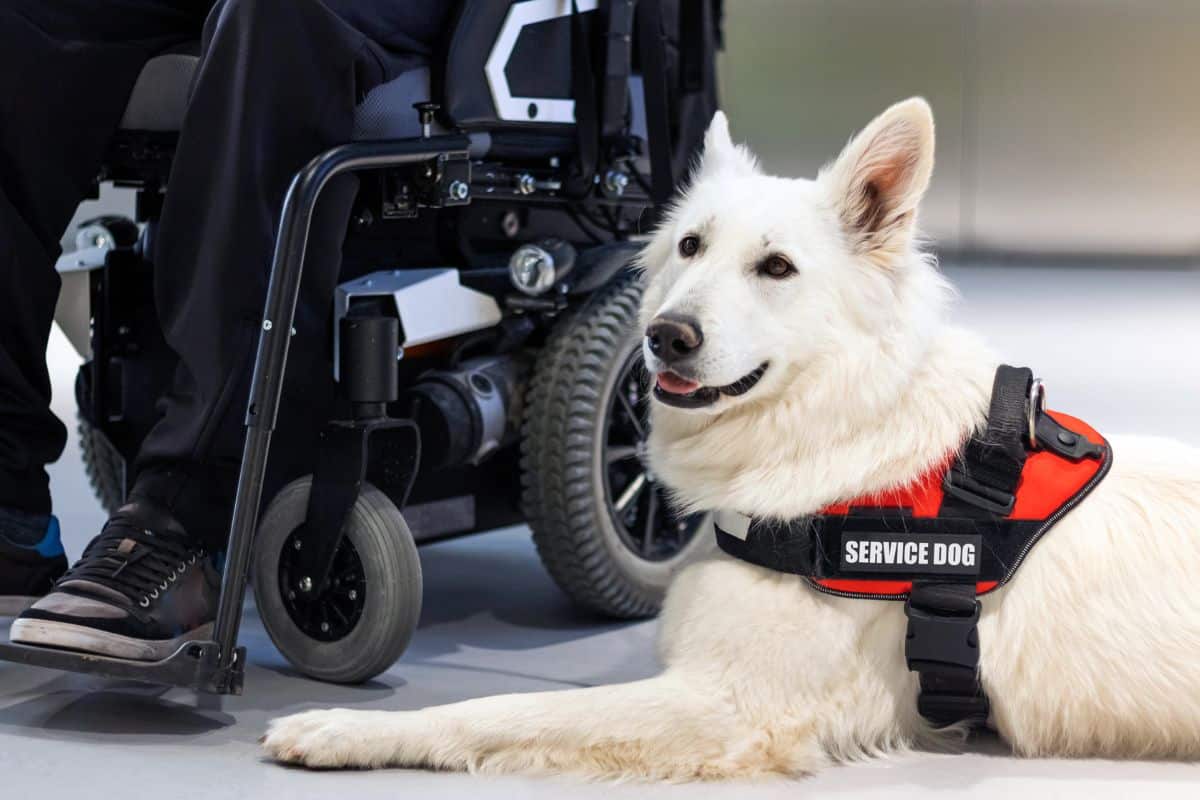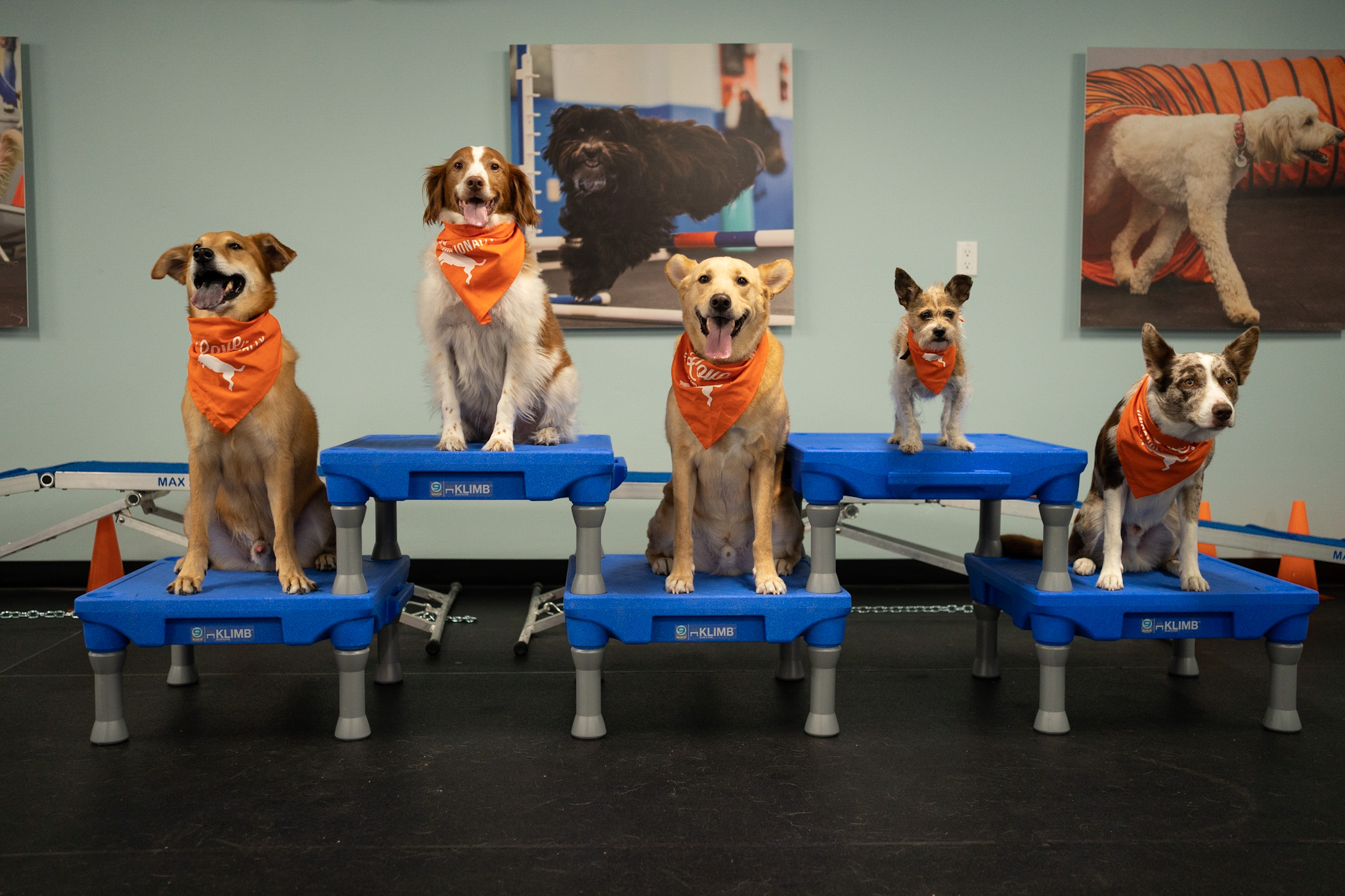Common Mistakes to Avoid During Dog Training for Better Results
Common Mistakes to Avoid During Dog Training for Better Results
Blog Article
Unlock Your Dog's Prospective With Expert Training Insights
Expert training insights reveal that acknowledging communication hints and utilizing constant, positive reinforcement can significantly alter your canine's feedback to different circumstances. As we check out effective socialization approaches and progressed training methods, one might wonder exactly how these techniques can transform not simply your canine's behavior, however also your overall relationship.
Comprehending Your Pet's Actions

In addition, understanding usual behavior issues such as aggressiveness, anxiety, or extreme barking can assist owners address problems proactively. As opposed to punishing unwanted habits, it is more effective to recognize the underlying causes and work towards modifying those triggers. As an example, a pet dog that barks excessively may be looking for attention or responding to ecological stimulations.
Moreover, each canine is one-of-a-kind, affected by factors such as breed, age, and past experiences. Observing and understanding your pet dog's certain actions is essential to developing a training strategy that aligns with their temperament. By fostering this understanding, proprietors can develop an extra unified living setting, improve their pet dog's knowing experience, and inevitably reinforce their bond.
The Relevance of Uniformity
Maintaining uniformity in training is essential for accomplishing desired outcomes and enhancing positive behaviors in dogs. When training sessions adhere to a foreseeable structure, pet dogs are most likely to recognize what is expected of them. This clearness promotes a complacency and assists to establish a solid bond between the trainer and the canine.
Irregular cues or commands can perplex dogs, leading to stress for both the trainer and the animal. If a command is sometimes rewarded and other times ignored, the pet dog may end up being unclear concerning exactly how to react. This variance not only interferes with the learning process but can also accidentally urge unwanted actions.
Moreover, uniformity extends beyond spoken commands to include body language and tone. Pets are extremely in harmony with human actions, and discrepancies can weaken their trust fund. For effective training, all household participants and trainers should be lined up in their strategy, utilizing the same commands and reinforcement approaches.
Ultimately, uniformity in training promotes an organized knowing atmosphere, allowing pets to prosper and respond favorably to commands. This foundational principle is vital for developing well-behaved, positive, and obedient companions.
Strategies for Reliable Training
Efficient training strategies build on the foundation of uniformity established in previous sessions. Using positive reinforcement is among the most reliable methods for motivating preferred actions. This includes gratifying your pet with treats, praise, or play quickly after they do the wanted activity, therefore producing a strong association between the habits and its favorable outcome.
Timing is critical; incentives ought to be provided promptly to strengthen the connection. Additionally, using regular and clear commands will help your dog recognize what is anticipated of them. Choose basic, distinctive cues and stay clear of using multiple phrases for the exact same activity.
Incorporating short, interesting training sessions can likewise improve retention and prevent boredom. Objective for sessions lasting 5 to 10 minutes, slowly enhancing the duration as your pet dog comes to be much more skilled. Differing the training environment can aid generalize found out habits, ensuring your pet dog can carry out commands in different contexts.
Lastly, perseverance is important. Every pet dog learns at their own speed, and motivation promotes a positive Bonuses learning experience. By applying these techniques continually, you can unlock your pet's full potential and reinforce the bond between you and your canine companion.
Socializing and Its Benefits
Socializing is a critical element of a pet dog's development, considerably influencing their habits and character. It encompasses the procedure of subjecting a canine to a range of individuals, environments, sounds, and other animals. This direct exposure aids canines discover to browse the intricacies of their environments, cultivating self-confidence and adaptability.
Proper socializing minimizes the probability of fear-based behaviors and aggressiveness, which can emerge from strange situations. A well-socialized canine is more most likely to display favorable communications with both people and other pets, leading to a more pleasurable experience for every person involved (Dog training). Furthermore, socializing plays an essential function in enhancing a pet dog's general high quality of life, enabling them to join activities and outings without excessive anxiousness.
The vital period for socialization occurs in between three and twelve weeks of age, although ongoing socialization is useful throughout a canine's life. Engaging in monitored playdates, young puppy courses, and gradual exposure to new experiences can facilitate this process. By focusing on socializing, dog owners can grow an all-round friend, geared up to manage various circumstances with poise and composure, eventually causing a harmonious connection between the dog and its environment.
Advanced Training Methods
A well-socialized pet dog is better prepared to participate in advanced training techniques, which can even more improve their skills and boost their total behavior. Advanced training techniques, such as remote control aroma, agility, and training job, need a solid structure of basic obedience and social skills. These techniques concentrate on creating a pet dog's cognitive capacities, boosting their emphasis, and fostering a much deeper bond between the pet dog and handler.
Clicker training uses positive support to shape desired actions, enabling for specific interaction and quicker knowing. This technique is specifically efficient in sophisticated tasks where precision is extremely important. Agility training challenges dogs both literally and emotionally, advertising sychronisation, confidence, and analytical skills. This can be an electrifying way for pets to burn energy while improving their responsiveness to commands.
Scent job taps into a pet dog's all-natural impulses, enhancing their olfactory capacities while developing their focus and persistence. Incorporating these sophisticated training techniques not just boosts a pet's mind but likewise adds to their psychological wellness. Eventually, participating in sophisticated training can transform a well-socialized pet into a well-rounded from this source buddy, with the ability of navigating complex settings with ease and confidence.
Conclusion
In verdict, opening a canine's potential via specialist training necessitates an extensive understanding of habits, consistency in techniques, and reliable socialization strategies. By prioritizing these elements, a well-shaped and fulfilling partnership in between pet dog and proprietor can be established, my site inevitably leading to a mannerly friend and an unified coexistence.
As we discover efficient socialization techniques and progressed training methods, one may wonder exactly how these methods can change not simply your pet dog's actions, but additionally your total relationship.
By prioritizing socializing, pet owners can grow an all-round friend, equipped to manage numerous scenarios with poise and calmness, ultimately leading to an unified connection between the pet dog and its setting. (Dog training)
A well-socialized pet is much better prepared to engage in advanced training techniques, which can better refine their abilities and boost their overall behavior. These techniques focus on developing a pet dog's cognitive capacities, improving their focus, and cultivating a much deeper bond in between the canine and trainer.

Report this page